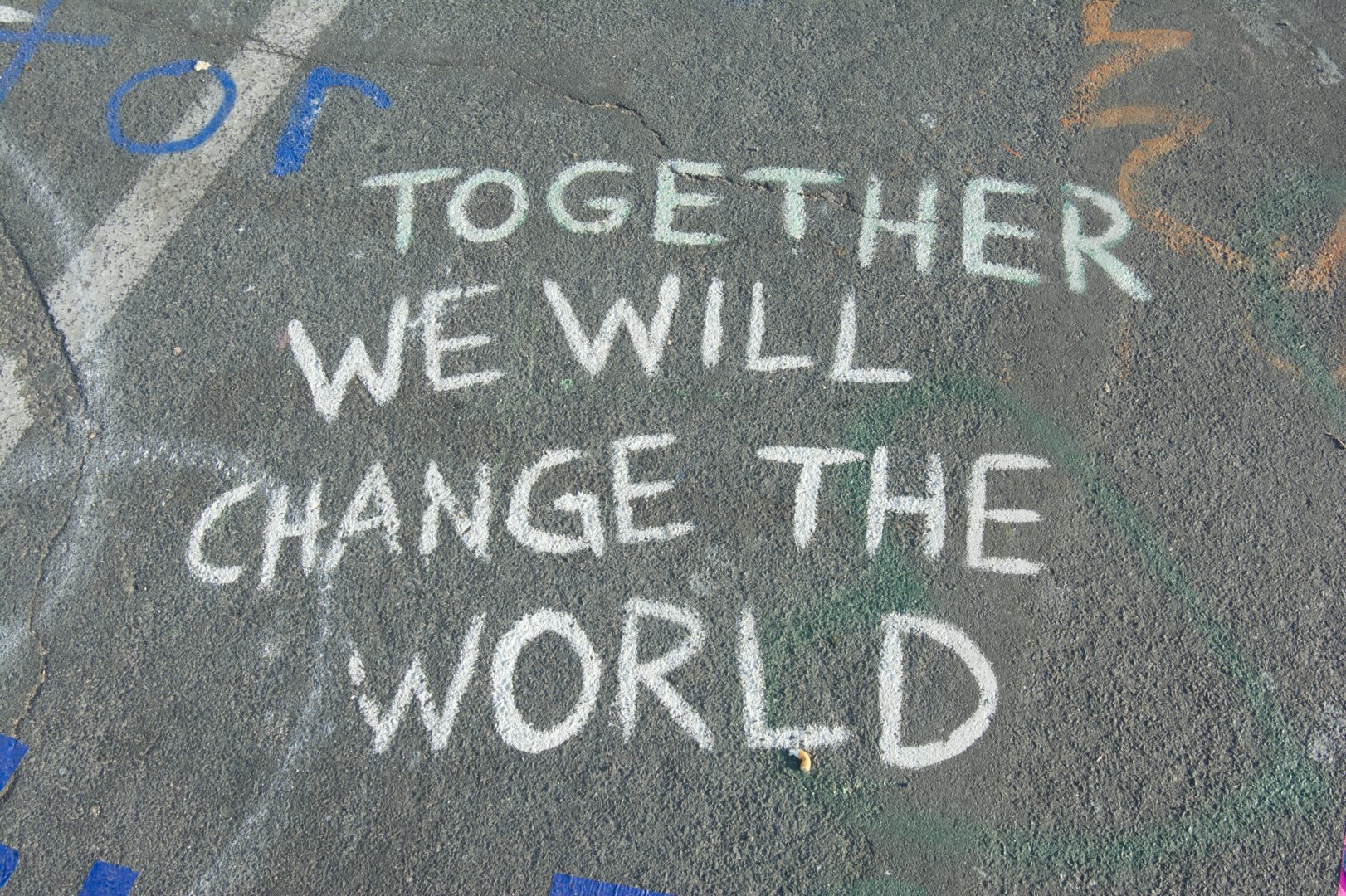About the Project
How can we better prioritize the educational success of students who have experienced foster care?
For every one hundred youth who enter the foster system in California, only three will enter a four-year college or university. From the numbers, it’s clear that foster youth struggle against immense institutional and systemic barriers. Our team is currently undertaking three separate studies on foster youth:
Foster(ing) Youth in the California State University: Understanding the Vital Role of Campus Support Programs
Our team worked with CSU campuses to assess how the educational trajectory of former foster youth is shaped by campus support programs that provide academic support, social and emotional services and programs, independent living skills, job training, and financial aid guidance.
School of Origin Stability & Chronic Absenteeism for Foster Youth Across Los Angeles County
Research has shown that multiple school changes is associated with poorer academic outcomes and socioemotional wellbeing for foster youth. Additionally, foster youth who experience multiple school changes may also experience higher rates of chronic absenteeism. Our team is partnering with the Department of Children and Family Services (DCFS), the Office for Child Protection (OCP) and Los Angeles County Office of Education (LACOE) to assess the effects of an initiative to transport foster youth across the county to their school of origin as well to understand the factors associated with chronic absenteeism in this population. Findings from this study may help strengthen partnerships between DCFS, LACOE, and school districts and may also inform current policies, and practices and strategies aimed at promoting school stability and mitigating chronic absenteeism for foster youth students.
Education Perspectives of Students Who Have Aged out of Foster Care
Our team is collaborating directly with current and former foster youth through an equitable, youth-centering approach to research known as Youth Participatory Action Research (YPAR) to better understand the obstacles they face and the support they need. The study looks at the state of foster youth in all 58 counties, from early education through higher education.




